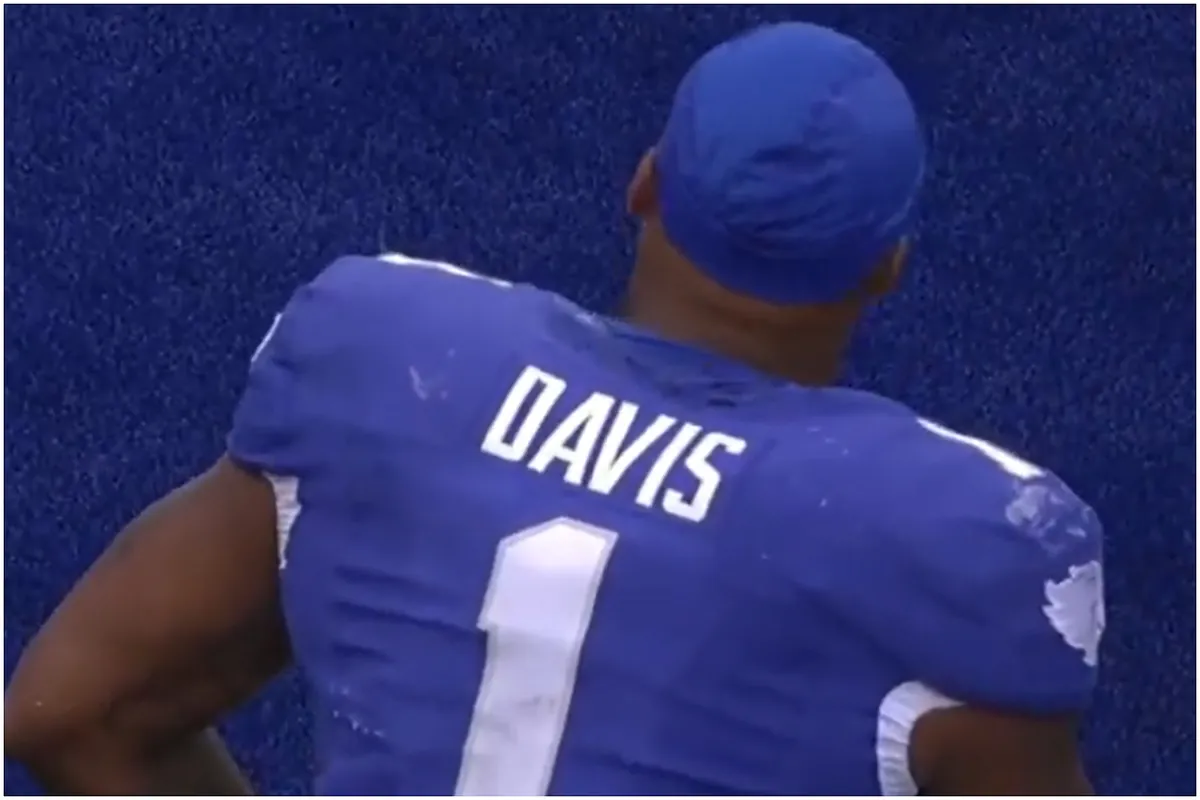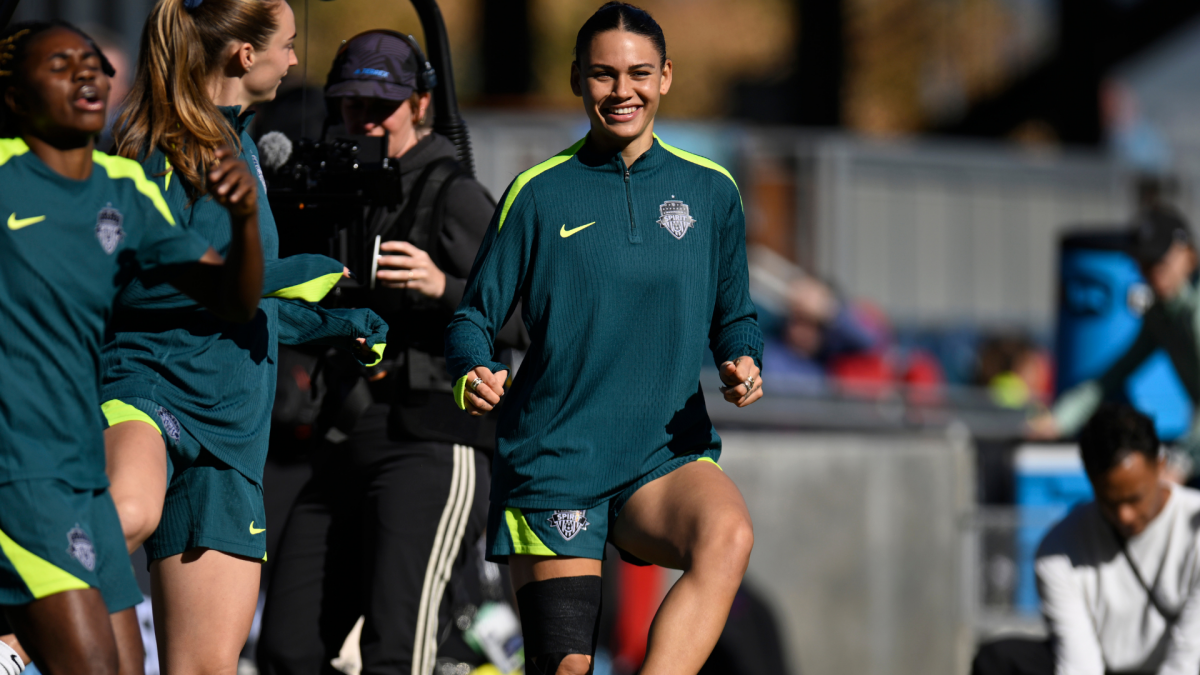

A televised college football game has come under fire after SEC Network analyst Pete Sousa made a live comment regarding the foster care background of Kentucky running back Ray Davis.
What was meant to be a praise for Davis’s willfulness came across as dismissive and insensitive, fueling a big wave of criticism online.
The controversial remark
Davis was doing great in the game, getting a 24-yard touchdown reception in Kentucky’s game against Eastern Kentucky. In a certain, but unfortunate moment, Sousa wanted to address the player’s past, but did so in a way that fast took him into trouble:
Nine months ago, when he jumped in the portal, everybody wanted him. Eleven years ago, as a foster kid, really nobody wanted him. And now, here he is. Found some love, found football, and he has had an amazing journey
The remark, especially the phrase “really nobody wanted him“, was broadly interpreted as reducing Davis’s childhood experience to stereotype rather than honoring his toughness.
Hard backlash and quick eactions
Video of the moment quickly went viral on social media as child welfare advocates, journalists, and fans condemned Sousa’s statement. Most said the way he said it reinforced negative stereotypes for foster care, portraying children in foster care as unwanted, instead of resilient kids who just happen to be dealing with tough situations.
“Found some love, found football” particularly irritated people, as its a simplistic way of detailing Davis’s route to success.
As with Sousa’s “Special Brother” remark, to date, neither Sousa nor ESPN, has offered a formal apology or explanation.
The importance behind it
Sports broadcasting has a specific way of centering the individual athlete’s narrative, emphasizing even more for one who has overcome tough moments. But as in this instance, words matter. When commentary crosses the line into generalizing or making pity narratives, it risks undermining the very vulnerability it aims to honor.
The episode has reignited new arguments on sport media sensitivity. Networks nowadays are being called to provide more training and sensitization on trauma-informed reporting. Supporters argue that athletes’ stories must be reported with dignity, respect, and accuracy, and always without perpetuating the stereotypes.
As Kentuky moves on beofre the season, Davis’s performance on the field will keep shaping him. But for broadcasters, it is a reminder: words matter, and how we deliver them can have the power to resonate far beyond the game.
This news was originally published on this post .






Be the first to leave a comment